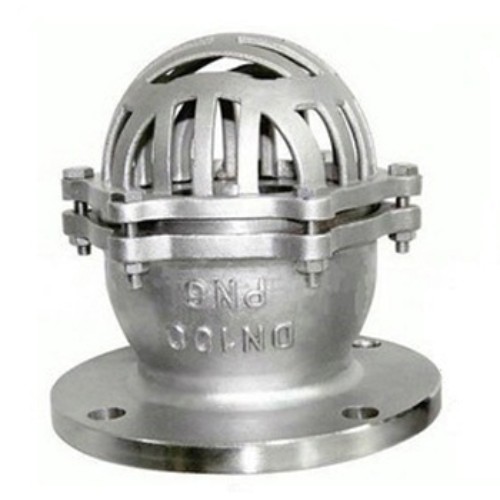Precision Control with Needle Valve Actuators for Enhanced Fluid Dynamics Management
Understanding Needle Valve Actuators An Overview
Needle valve actuators play a crucial role in various industrial applications, where precision and control over fluid flow are essential. These actuators are designed to operate needle valves, which are used to regulate the flow of liquids and gases with exceptional accuracy. As industries strive for efficiency and reliability, needle valve actuators have become integral components in processes ranging from oil and gas to pharmaceuticals.
What is a Needle Valve?
A needle valve is a type of valve that features a slender, tapered point at the end of a valve stem. This design allows for fine adjustments and control over the flow rate, making it ideal for applications requiring precise control, such as in instrumentation and control systems. Unlike other types of valves, needle valves operate with minimal turbulence, enabling them to achieve a stable flow rate even at low flow conditions.
Importance of Actuators
Actuators are devices used to move or control a mechanism or system. In the case of needle valves, actuators enable the remote operation of these valves, allowing for automation in process control. The key benefit of using an actuator with a needle valve is the ability to adjust the valve position without requiring manual intervention. This is especially essential in large-scale operations where accuracy and speed are paramount.
Types of Needle Valve Actuators
Needle valve actuators come in various types, each designed for specific applications and environments. The most common types include
1. Electrical Actuators These actuators use electrical energy to perform the opening and closing of needle valves. They are known for their precision and can be easily integrated with automated control systems, allowing for real-time adjustments.
2. Pneumatic Actuators Utilizing compressed air, pneumatic actuators provide quick and reliable operation. They are particularly useful in environments where speed is essential and are often used in automation and control applications.
3. Hydraulic Actuators Hydraulic actuators use liquid pressure to control the valve. They are typically employed in environments requiring high force and precise control, such as in heavy machinery and aerospace applications.
Applications of Needle Valve Actuators
needle valve actuator

The applications of needle valve actuators span numerous industries
- Oil and Gas In the oil and gas industry, precision flow control is vital for processes such as refining and transportation. Needle valve actuators help regulate the flow of fluids, ensuring optimal performance and safety.
- Pharmaceuticals In pharmaceutical manufacturing, maintaining strict control over fluid flows is essential for product quality and compliance
. Needle valve actuators enable precise dosing of ingredients in drug formulation.- Chemical Processing Needle valve actuators are used in chemical processing plants to regulate the flow of various chemicals, which can be critical for maintaining reaction conditions and ensuring safety.
- Water Treatment In water treatment facilities, needle valve actuators help control the flow of water and chemicals, playing a crucial role in maintaining water quality and treatment effectiveness.
Benefits of Using Needle Valve Actuators
The integration of needle valve actuators in industrial applications offers several advantages
- Precision Control Needle valve actuators allow for fine-tuning of fluid flow, ensuring specific requirements are met without fluctuations.
- Remote Operation Actuators enable remote control of needle valves, enhancing safety and efficiency by reducing the need for personnel to be present in potentially hazardous areas.
- Reduced Wear and Tear By automating the valve operation, actuators help minimize the physical strain on valve components, resulting in a longer lifespan and reduced maintenance costs.
Conclusion
Needle valve actuators are indispensable in many sectors where fluid control is critical. Their ability to offer precision, automation, and reliability makes them an essential asset in modern industrial applications. As technology continues to evolve, the integration of advanced actuator systems will further enhance operational efficiency and safety across various industries, solidifying the importance of needle valve actuators in the future.
-
The Key to Fluid Control: Exploring the Advantages of Ball Valves in Industrial SystemsNewsJul.09,2025
-
The Versatile World of 1, 2, and 3 Piece Ball ValvesNewsJul.09,2025
-
Stainless Steel Ball Valves: The Ideal Choice for Efficient Flow ControlNewsJul.09,2025
-
Optimizing Fluid Control with Ball Float ValvesNewsJul.09,2025
-
Manual Gate Valves: Essential for Control and EfficiencyNewsJul.09,2025
-
Everything You Need to Know About Butterfly ValvesNewsJul.09,2025
-
The Versatility of Wafer Type Butterfly ValvesNewsJul.08,2025




